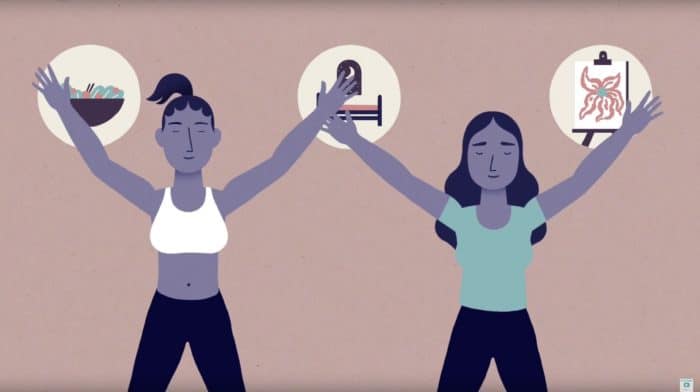What is the normal aging process
Aging is a regular part of life, and as a caregiver, it’s important that you’re able to tell the difference between the normal aging process and the signs that something might be wrong. In this video, we’ll walk you through the changes you can expect to see as the person you’re caring for ages and highlight some more serious things to watch out for.
Aging is a regular part of life, and as a caregiver, it’s important that you’re able to tell the difference between the normal aging process and the signs that something might be wrong.
In this video, we’ll walk you through the changes you can expect to see as the person you’re caring for ages and highlight some of the more serious things to watch out for.
Different parts of the body have their own ways of showing age.
Bones become weaker and more brittle, and muscles get less strong and flexible.
However, limping or showing pain when a certain part of the body is touched is not normal, and you should mention this to their doctor.
Changes to the heart are also common. The arteries and blood vessels harden with age, causing the heart to work harder to pump blood through them. This increases the risk of high blood pressure and other heart problems.
If the person you’re caring for is a smoker, encourage them to quit as doing this will help restore heart functioning.
A healthy heart is also one that gets at least 7 hours of sleep.
It’s important to note that shooting chest pain or numbness in the arms and legs is not normal. If this is happening have them see their doctor as soon as possible.
Aging affects the digestive system as well and can cause chronic constipation. The bladder can also become less elastic. This means that you may notice them wanting to go pee more often and frequently.
Greying hair, receding gums, and dry, wrinkly skin are all normal appearance changes.
You may also notice that their eyesight and hearing start to get worse. Schedule regular checkups with vision and hearing specialists, and take safety precautions whenever they may be exposed to bright lights or loud noises.
The person you’re caring for may also experience changes to their sexual needs. Vaginal dryness and erectile dysfunction are more common in older people and may make sex difficult or uncomfortable.
Getting regular exercise can help with stamina, and their doctor may be able to provide creams or medications that will make sex easier.
The most obvious changes that come with old age happen in the brain, especially to the memory and critical thinking skills. It’s normal to forget the names of acquaintances or have trouble remembering words, but forgetting the names of close family members and not being able to recall recent events are both signs that something serious may be wrong, like Alzheimer’s or dementia.
It’s important that the person you’re caring for stays mentally active and takes time to socialize with others. Playing a word game like Scrabble or participating in a group activity like an art class is a great way to do both.
Now that you know some of the typical signs of aging to look out for, it should be easier to recognize when something isn’t normal. If you notice any new changes in the person you’re caring for that can’t be explained by the regular aging process, make an appointment to see their doctor as soon as possible.
For additional caregiver support and resources, be sure to visit our CareChannel.






